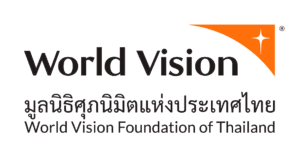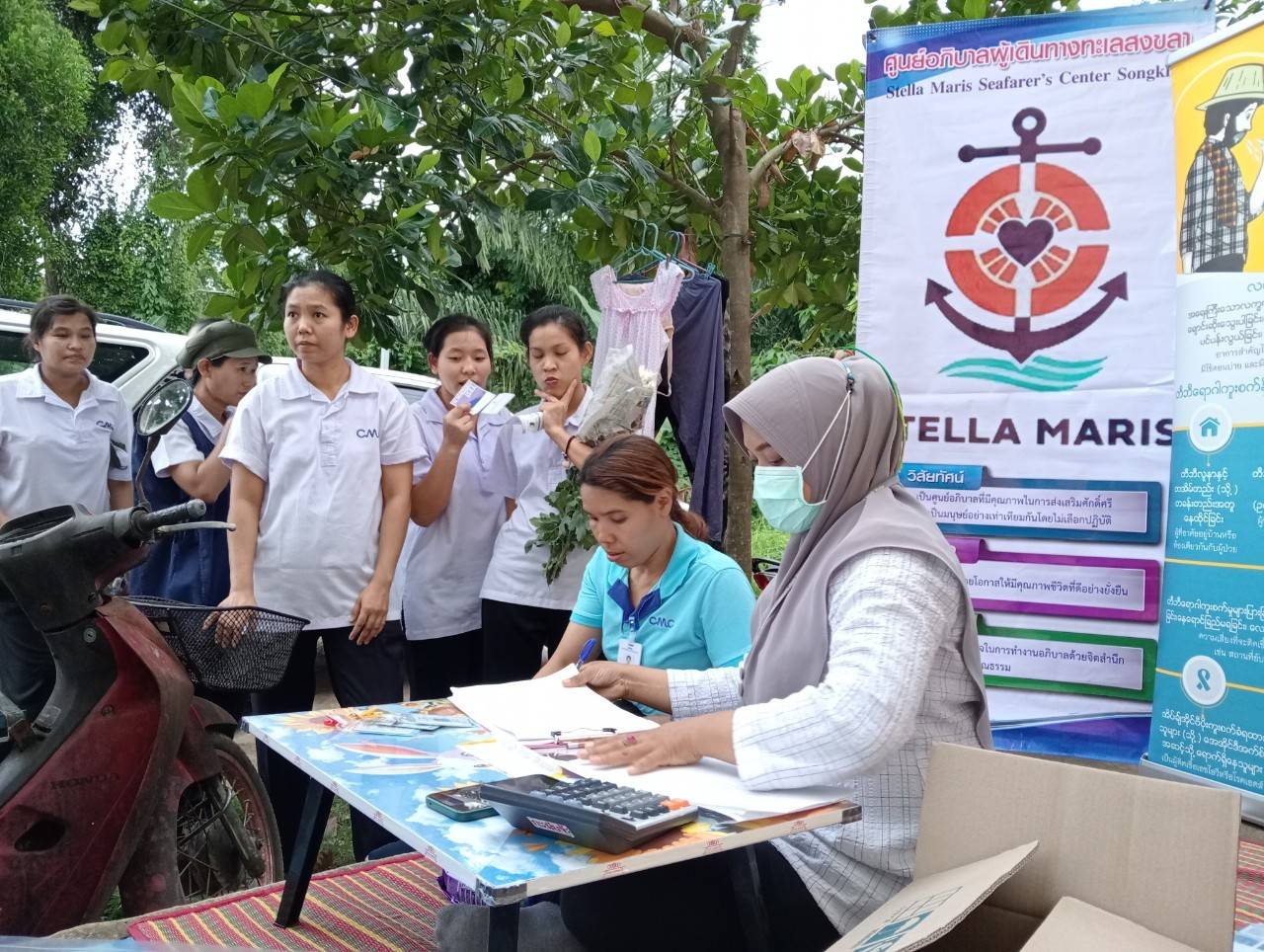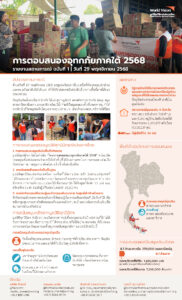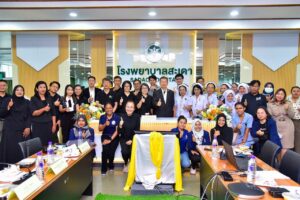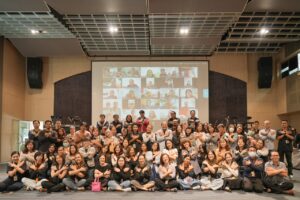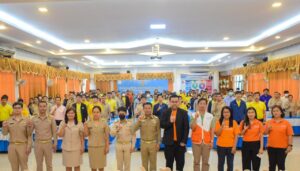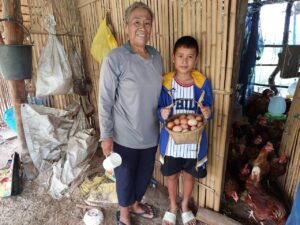Pulse Check on Tuberculosis and Migrants: Stop Stigma, Protect Rights, End TB Together.
Thailand’s migrants continue to face the harsh realities of stigma and discrimination, significant barriers to accessing basic healthcare and human rights. This situation severely impacts the progress towards ending tuberculosis (TB) and AIDS, leading they limit access to quality health services, and they drive poorer health outcomes. These barriers are further compounded by an aggressively growing pushback against gender equality and human rights in many countries around the world, evidenced by punitive and regressive policies and actions. Evidence demonstrates that dismantling human rights-related barriers can effectively accelerate progress towards ending AIDS and TB. Conversely, failure to eliminate structural obstacles, or to demolish walls hindering health services and address inequalities that leave people behind, will result in an increased number of people living with HIV or affected by AIDS and TB.
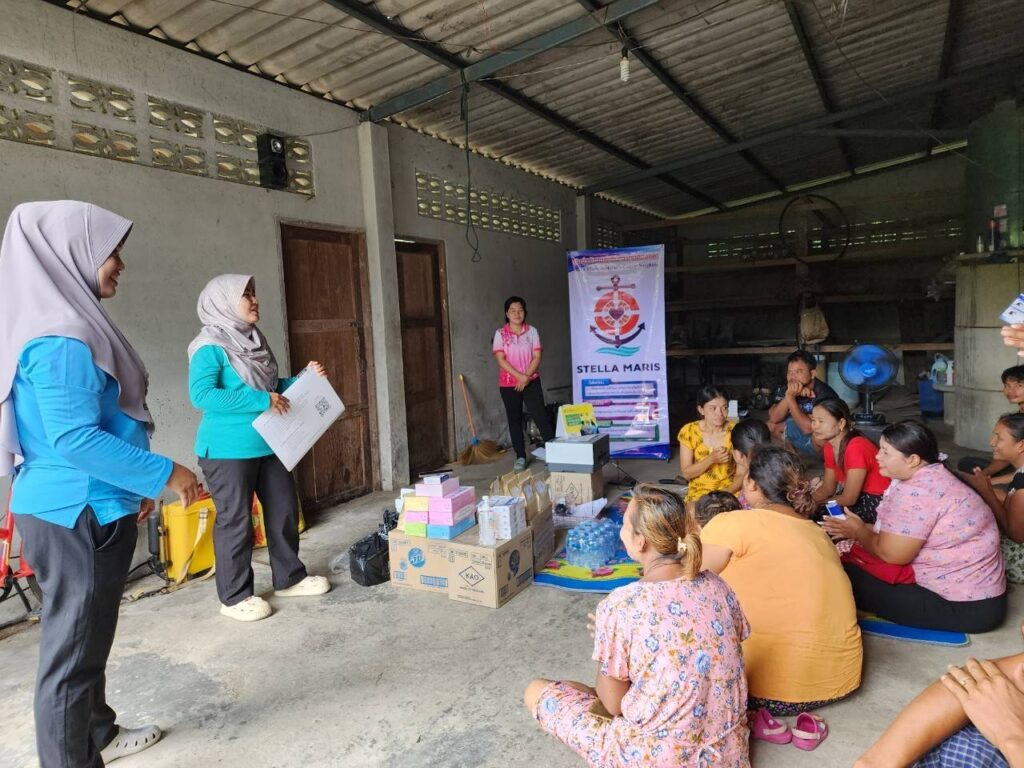
Stella Maris: The Role of Promoting Business Human Rights and Community-Based Work.
organizations have responded enthusiastically to rights intervention projects, supported by World Vision Thailand, a primary recipient of the Global Fund, under the Stop TB and AIDS through RRTTPR 2024-2026: STAR4 project. Stella Maris has played a crucial role in addressing these issues, focusing on two main areas: (1) combating stigma and discrimination related to TB and HIV among migrants and key populations, through legal and psychosocial support services, establishing shelters for homeless migrants during legal processes, and changing perceptions and securing support from police and provincial prosecutors to collaborate on promoting labor rights, laws and policies related to migrants, working with law enforcement at the prosecutor, police, and agencies under the Ministry of Labour and the Ministry of Social Development and Human Security;
(2) promoting business human rights by seeking collaboration with seven seafood processing industrial establishments with TB and HIV patients, cooperating with these establishments to eliminate stigma and discrimination in workplace, and promoting access to legal services for TB and HIV patients who have been stigmatized and dismissed.
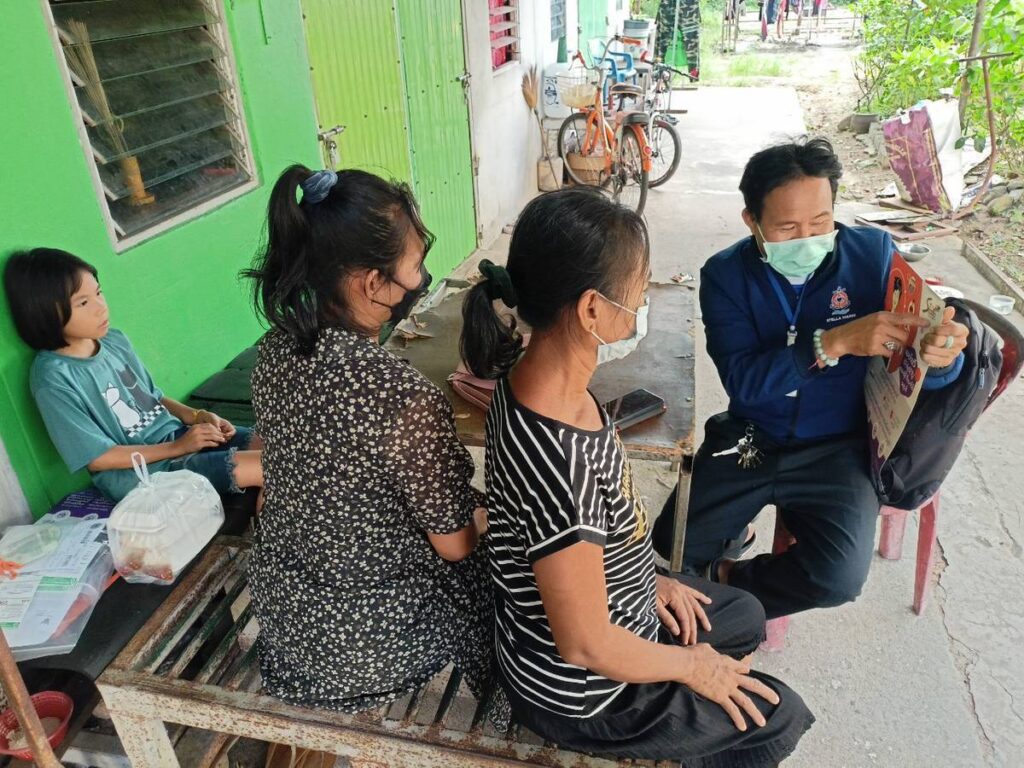
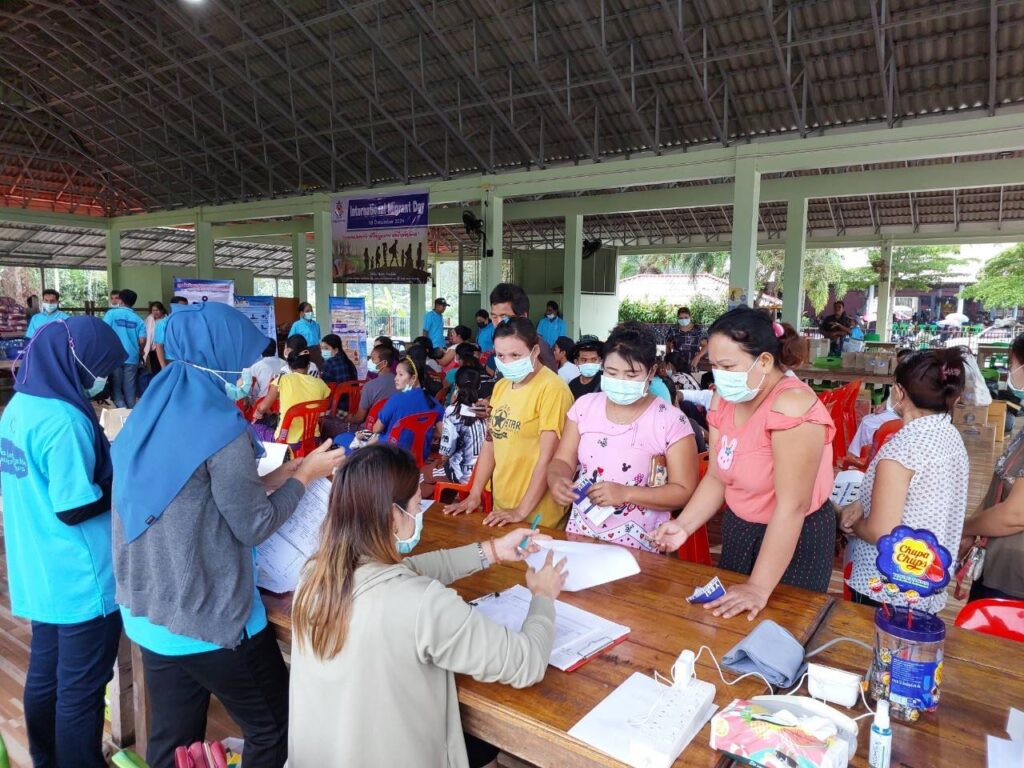
Transforming TB: Amplifying Human Rights and Gender Initiatives
Stella Maris has developed its organization into a ‘coordination point’ in Songkhla province, which borders Malaysia, impacting the migration and influx of migrants over the past 10 years. Currently, their work covers 8 districts and 24 sub-districts, with 36 labor leaders. The 2024 operations demonstrate access to diverse target groups. The primary target group participating in the project is female sex workers who are migrants, with 160 individuals in 2024. The number of migrant populations reached by the project, which includes HIV and TB education for risk assessment, is 175, predominantly 109 Laotian and 66 Burmese participants. There is a development approach for volunteers from target groups in various communities, including TB survivors, HIV-positive transgender migrants, women who use drugs, and those driving positive change at both local and national levels, despite facing countless obstacles and daily attacks on their human dignity.
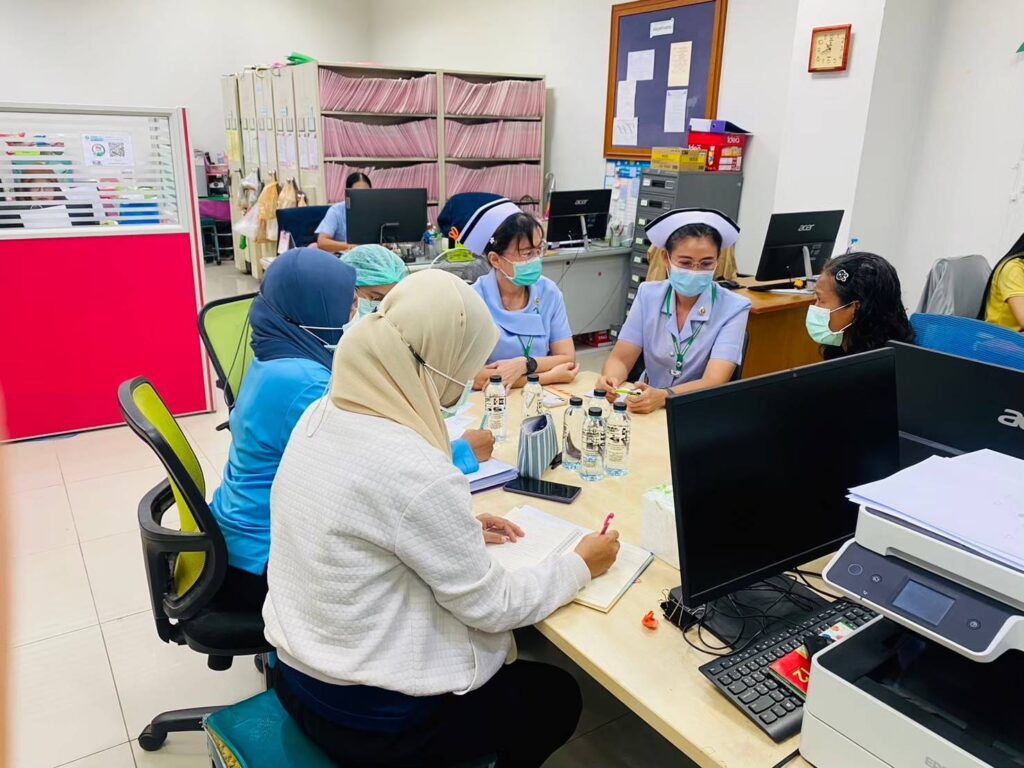
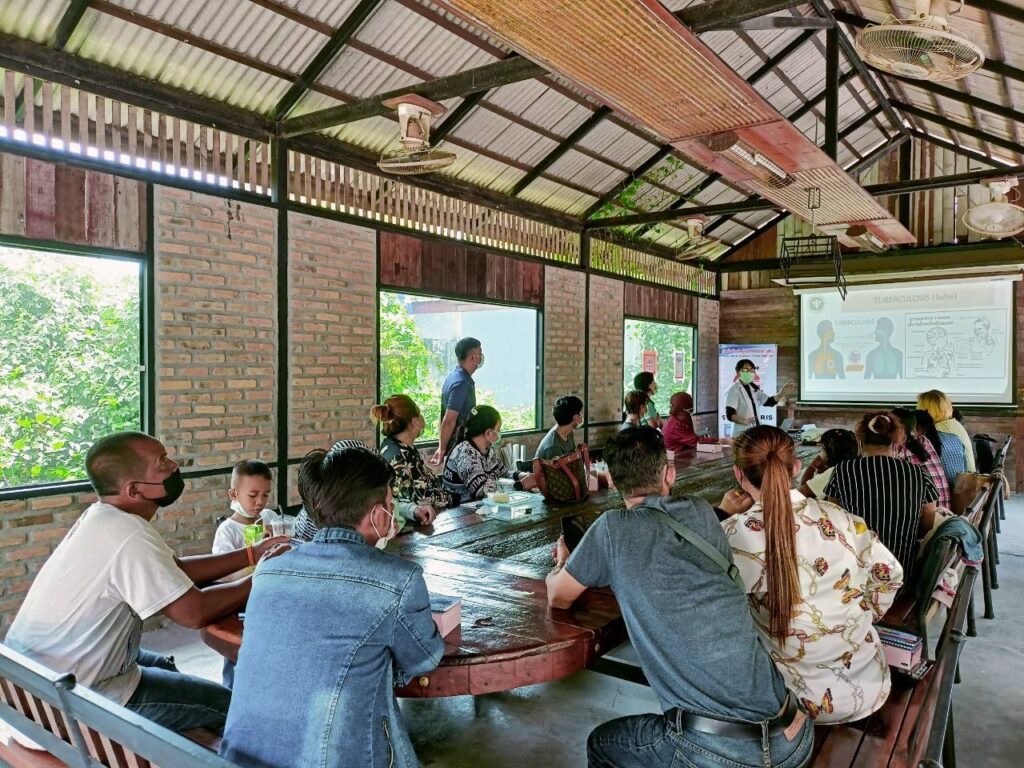
World Vision Thailand, Stella Maris, and our partners are committed to eliminating stigma and discrimination against migrant populations in accessing HIV/TB prevention and treatment. This is achieved through capacity building, resource mobilization, and the engagement of key population-led organizations. Collaboration between civil society, government, and the private sector is key to promoting human rights and ensuring equitable access to healthcare services. These efforts aim to drive Thailand towards the goal of ending TB and HIV by 2030.
